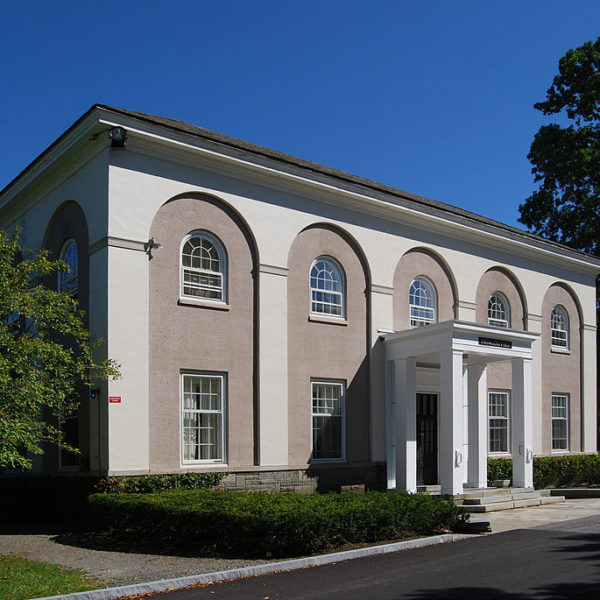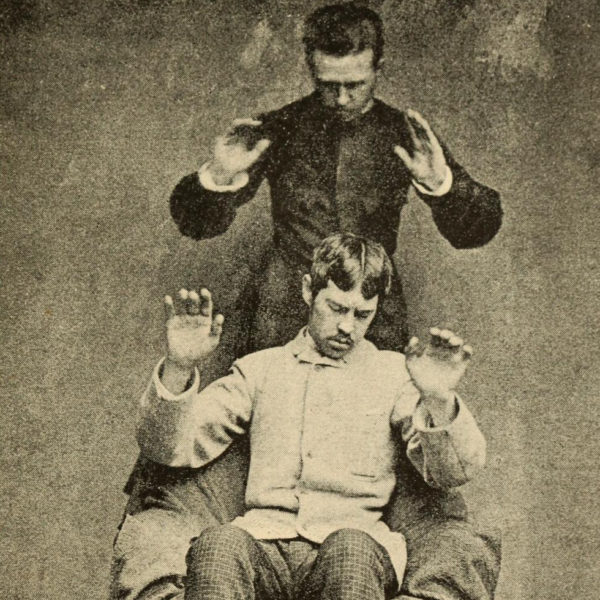
If an academic field is defined in part by its canon, wide divergence on canon would suggest that what appears to be a field might not really be one. In the case of political theology, there seems to be this sort of incoherence: an anthropologist writing an article about political theology may never have heard of Dorothee Sölle, while a seminary professor writing an article about political theology might never have heard of Claude Lefort.

Despite the unending political chatter over global spying, the recent government shutdown, and now the misadventure of the Obama care rollout, I have also been pondering the meaning of something worth more obsessing about. . . . It amounts to the latest variation not of Murphy’s Law (“if something can go wrong, it will”), but what I have called Raschke’s Rule (“if you didn’t think people could be more foolish than they already are, just wait a day or so”).
